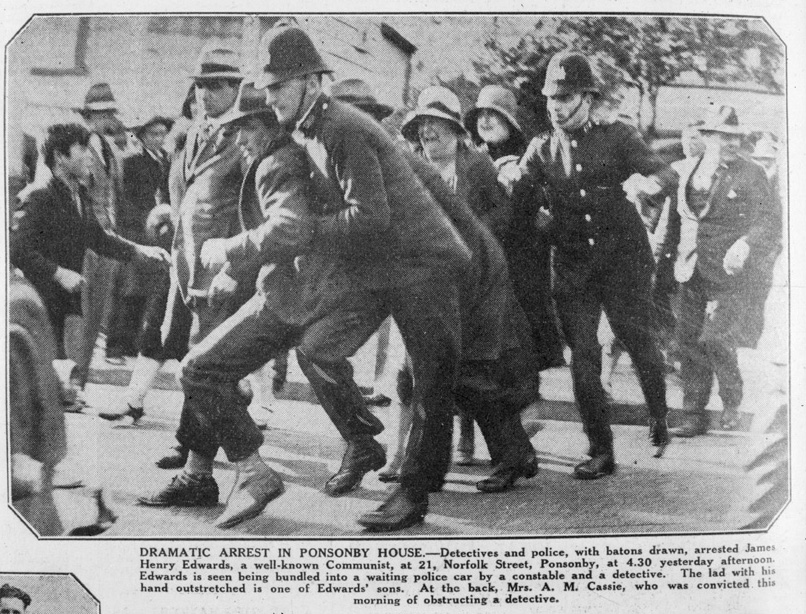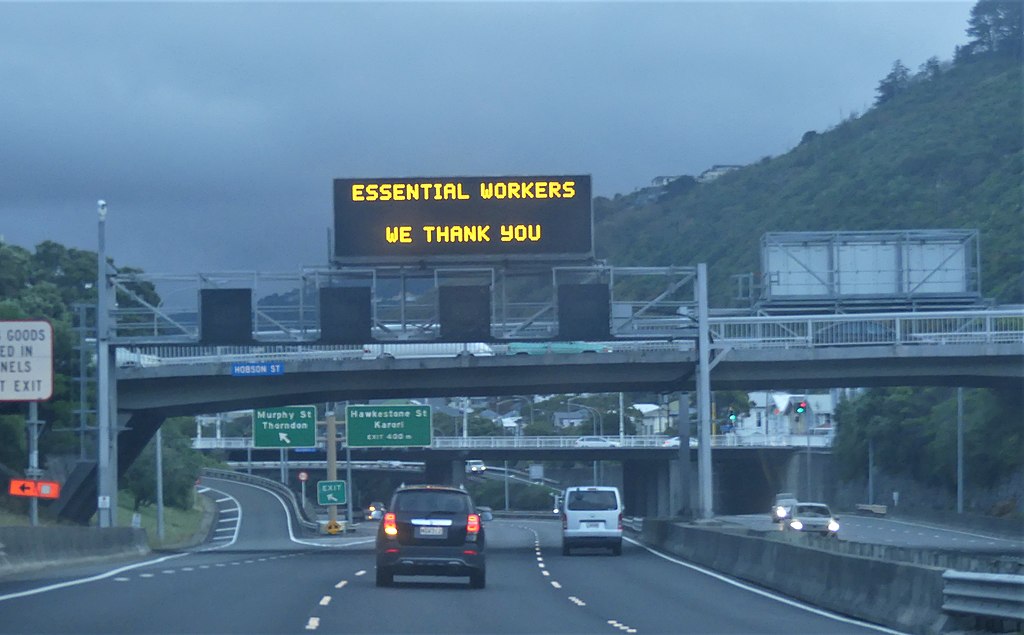This issue of Socialist Review takes up two key debates in Aotearoa/New Zealand. In a six page feature Andrew Tait looks at the debate raging over Māori rights over fresh water. It is argued that power companies should not be for profit but run for need by the workers who work them alongside representatives of Iwi and consumers.
If in the short term this will not be the case and even if it is Iwi organisations and their business wings that will get most of the benefit from water rights working people should still support this. The arguments against Māori rights from the racist right wing (and parts of the left) are discussed alongside a look at the critique of Iwi coporatism from within Māoridom.
In the midst of a slow recovery resulting in mass unemployment and slow job growth Cory Anderson takes up the argument against environmentally destructive mining and oil drilling as a possible solution to slow growth. It is argued that capitalism is based of the exploitation of workers and the environment and until we can create a society where production is for human need, not profit, environmental destruction and economic crisis will continue unabated.
While both of these issues loom large in our minds the possibility of mass struggles breaking out around either are limited by the state of working class struggle going on in Aotearoa/New Zealand. Martin Gregory argues that we are in a period of historically low levels of working class struggle, with 2011 having the lowest strike rates on record. There have been some significant struggles earlier this year on the Auckland wharfs, North Island meatworks, and by careworkers that have marked a turning point – but they have been defensive battles – not a new era of working class militancy.
The prospects for mass strikes or protests in Aotearoa/New Zealand are low but there are opportunities for socialists to support campaigns and grow our organisation in a modest way. Small but significant protests in support of Equal marriage rights or against welfare cuts are examples.
On the international front there have been some important developments. In this issue we look at the development of the Syrian revolution and the arguments for and against foreign intervention. Somewhat related has been the spread of protests by Muslims and their supporters around the world against USA sparked by a viciously racist and Islamophobic youtube clip made in the USA that has gone viral. Reprinted here is a report of one such demonstration being violently attacked by police in Sydney – socialists should oppose racism and Islamophobia and stand with Muslims when they are under attack from the State and media.
There is the growing wildcat strike movement of miners in South Africa that could possibly balloon into a sector wide general strike after the police massacred at least 34 miners at the Marikana platinum mine. There are huge numbers of protests going on in South Africa against many issues – it will be important for socialists to follow the situation as it unfolds.
It is the 100th anniversary of the Waihi strike where Fredrick Evans, a striking miner, was beaten to death by scabs and police. For these reasons we print the second extract from a pamphlet about the strike written by ISO member Martin Gregory to celebrate the centenary that discusses the strike from a Marxist perspective.
It analyses the events and, crucially, looks at why the workers movement at the time could not stop the employers and government crushing the strike by force. It will not always be the case that workers are on the defensive as the Waihi strike shows, and what politics and organisation we have will be key to whether we win or lose major battles in the future. Building an organisation of committed revolutionary socialists in the here and now is as important a task as ever.









